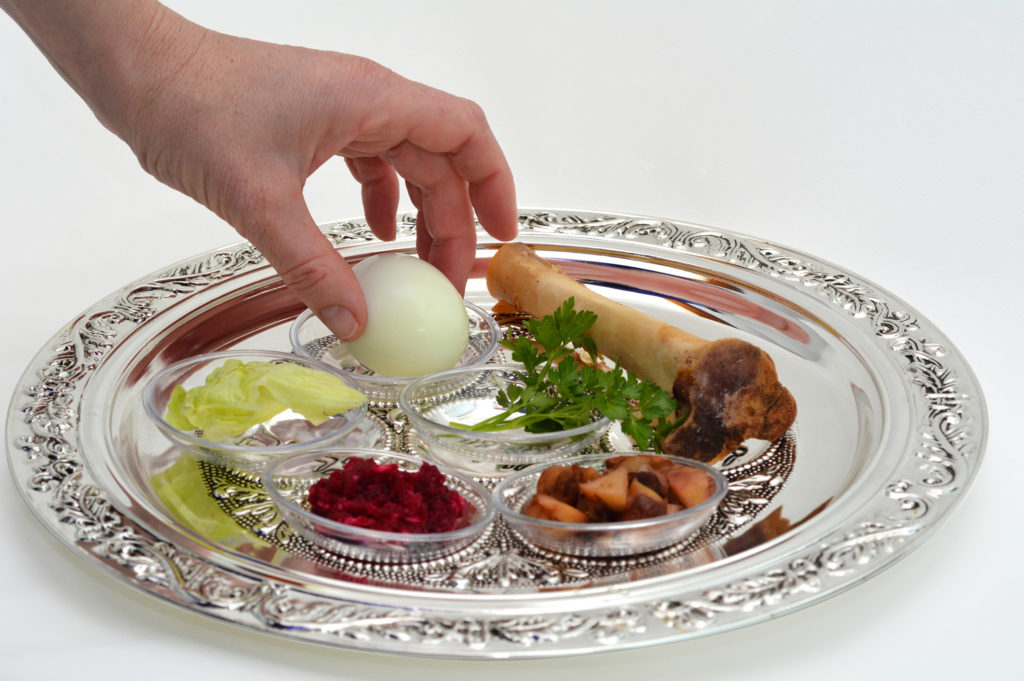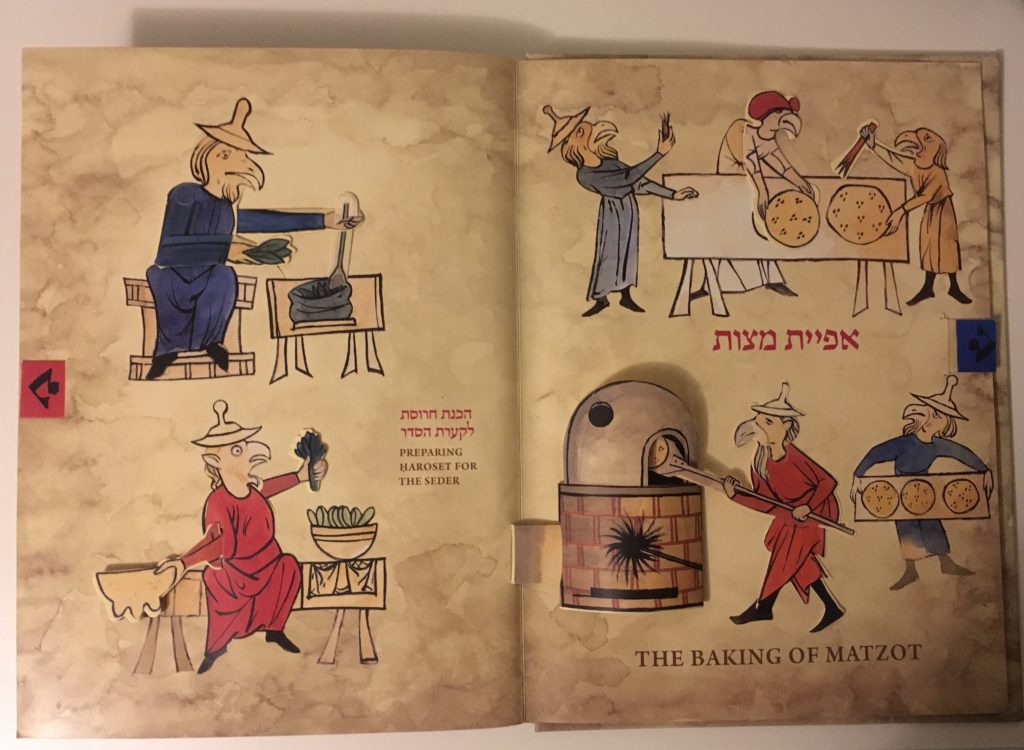The preparations for Easter, Passover and the Seder evening (ערב פסח) can be a busy time, but I believe that everyone who has Dementia can be supported to enjoy the traditions of the celebration.

For adults experiencing cognitive changes due to Dementia however, holidays can be stressful. Changes in routine are difficult for people with Dementia.
Changes in routine
Family caregivers can become distracted by worrying about protecting their loved one’s everyday routines at events that are anything but routine.
However, with thoughtful pre-planning and with the support of others, adults with Dementia and their care partners can continue to find joy and meaning in the holidays. Everybody’s different and no two people with dementia are the same, so please remember that what works for one person with dementia may not work for another.
Preparing for the Holiday
Make sure Easter or Pesach is marked on the calendar so that your loved one, friend or other family member can see that it’s coming up.
You may need to explain how many days there are until Easter or the Seder and keep talking to them about this as you get closer to the night.
The person with Dementia
Talk about holiday memories and share photos of family members who will be attending. Play or sing traditional Seder songs beforehand to stimulate memories and help prepare them for what is to come. Play traditional Seder night songs on CD, YouTube or from other
You can plan specific activities to remind your loved one, friend or relative with Dementia that Pesach is coming up. Take a trip at a quiet time of the evening to go and buy matzah with your loved one, help them making Easter eggs or polishing and arranging the seder plate, etc.
If the person with Dementia was routinely involved in cleaning the home, or preparing and cooking the holiday meal, plan to involve them in at least one of these tasks.
For example: If your mother who has Dementia used to love making cinnamon balls, you could make these with her, talking her through the steps of the process and supporting her through this experience.
Powerfull senses
Studies show that smell is often of one the most powerful senses for people with Dementia and that it may also be the one that functions for the longest as the person’s Dementia advances. This means that the smell of baking and cooking at Pesach can be especially evocative for people with Dementia, helping to bring back fond memories of Seder nights from times past.
The day before the holiday, be sure to make it clear what is happening. For example, by saying “Tomorrow we’re going to Avi’s house for Seder.”

The family caregivers
Family caregivers do not have to live up to the expectations of friends or relatives.
Rethink the family traditions and pick and choose those most important to you.
If you are hosting the holiday, keep the invitation list small. Let others help by bringing food items, and ask them to help with cleaning up.
Speak to a family member or friend beforehand about sharing any caring responsibilities that are needed for your loved one with Dementia, so that you have less to worry about on the night so everyone can enjoy it.
When you are invited to a Seder and plan to bring someone with Dementia
Arrange care beforehand
When your loved one, friend or relative with Dementia usually lives in a nursing home, see if the home can assist you with finding a caregiver to come along with them for the evening so that you have some care assistance for the duration of Seder night.
Prepare your guests in advance
Remind your guests that your loved one has Dementia. They may not remember names, or what is said to them. Encourage guests to avoid correcting the person with Dementia and to keep the conversation positive.
Guests should be aware how the meal will be tailored to the person with Dementia’s needs.
Consider other care needs
Avoid over-stimulation and over-tiring by eating earlier in the day, and steer clear of long travel. Bear in mind any other physical disabilities your loved one may have.
Do you need to get hold of a large print Haggadah? Have someone sit next to your loved one, friend or relative to help guide them through the book as they may need help to turn the pages, or

To fully involve your loved one, friend or familymember in the Seder night, you can give them a role. For example, you could ask them to pass around the matzah or the Seder plate. Alternatively, they could choose who to ‘cast’ as each of the four sons, or they could be the person who opens the door for Elijah.
Be flexible
People with Dementia can get confused about what’s going happening around them. Often people will get mixed up about members of their family (commonly, for example, their son and their father, or their daughter with their sister). It’s not necessary to correct them; it is more important to continue the conversation with them and to make sure they feel that they are connecting with you.
Remember that even the best laid out plans can go awry. Make the most of each situation and use humor when dealing with Dementia.
When you need more information or tips don’t hesitate to contact us.
Chag Pesach Kasher ve Sameach
